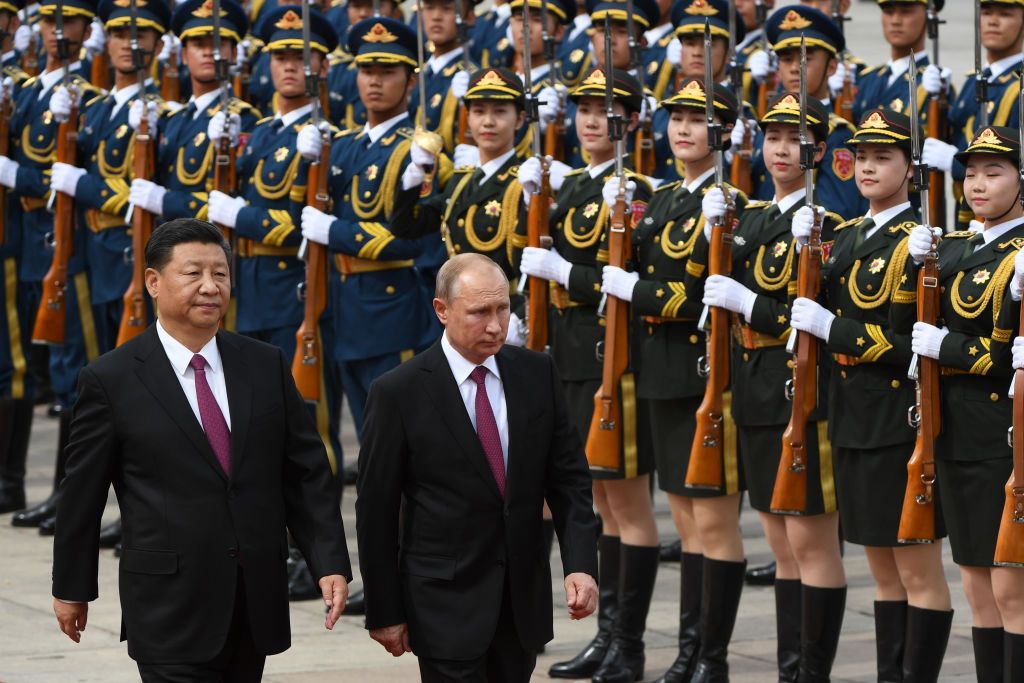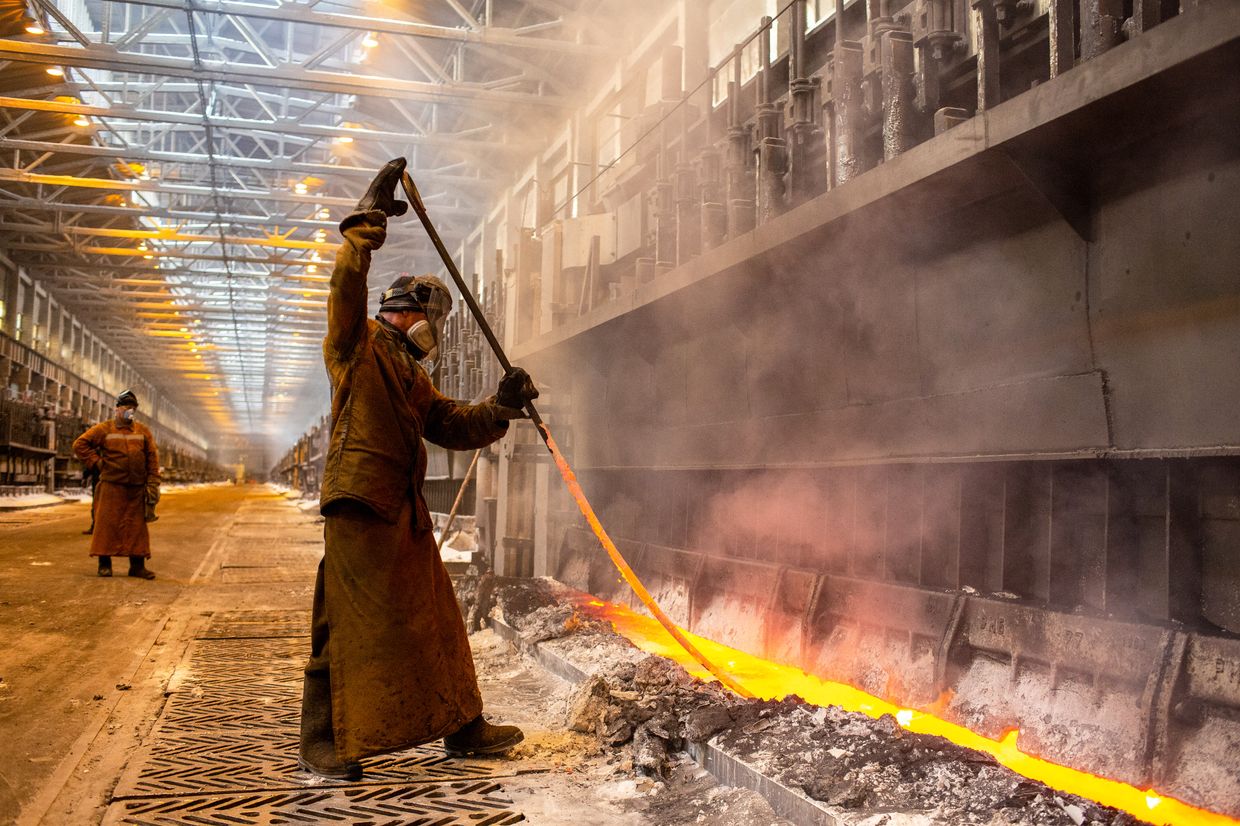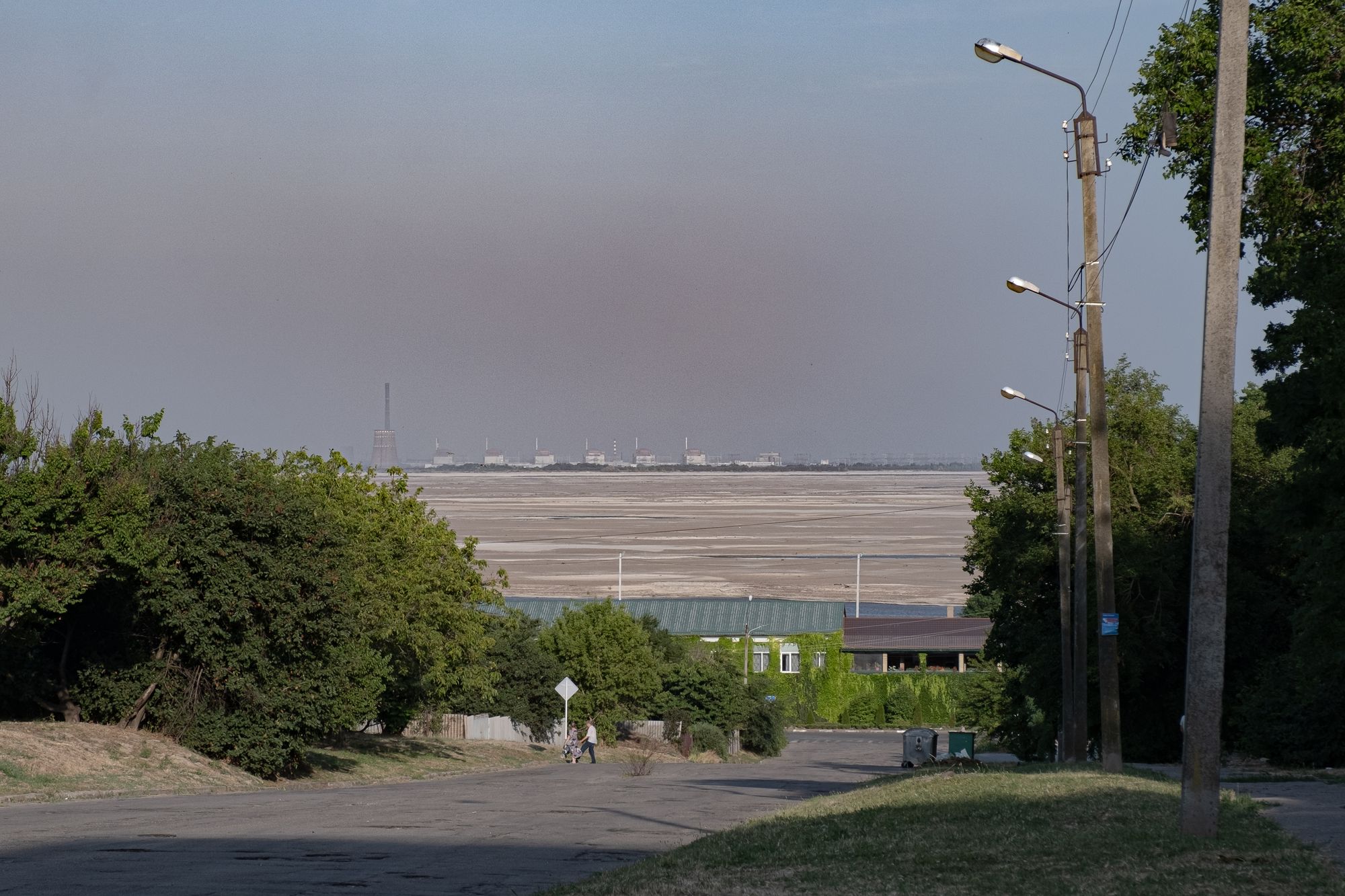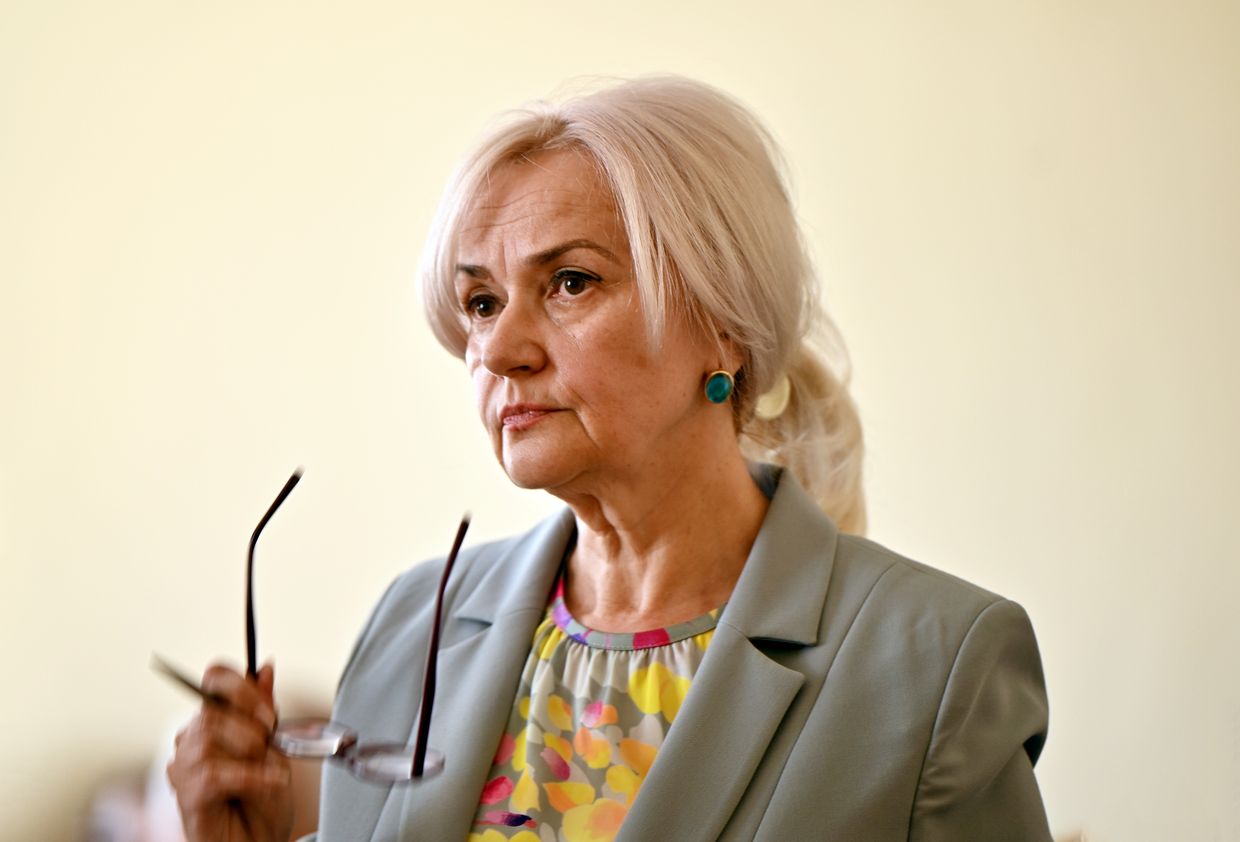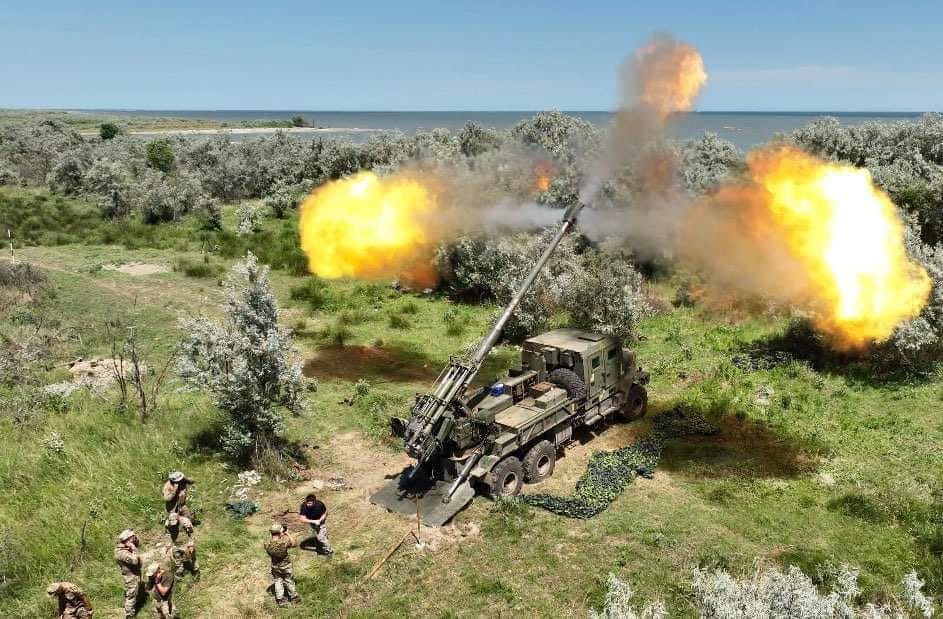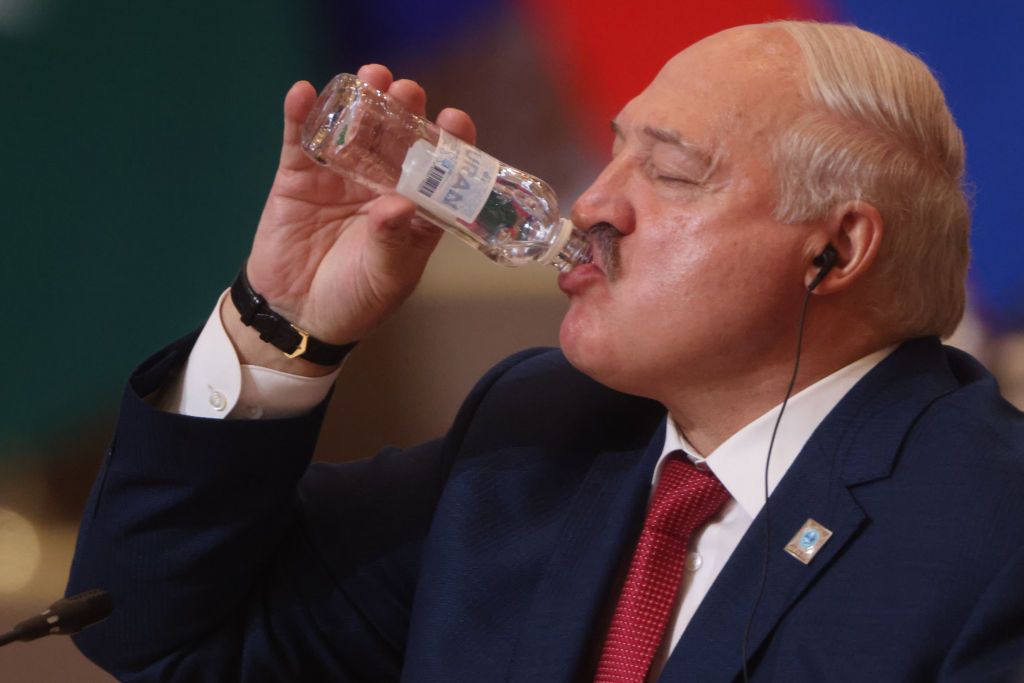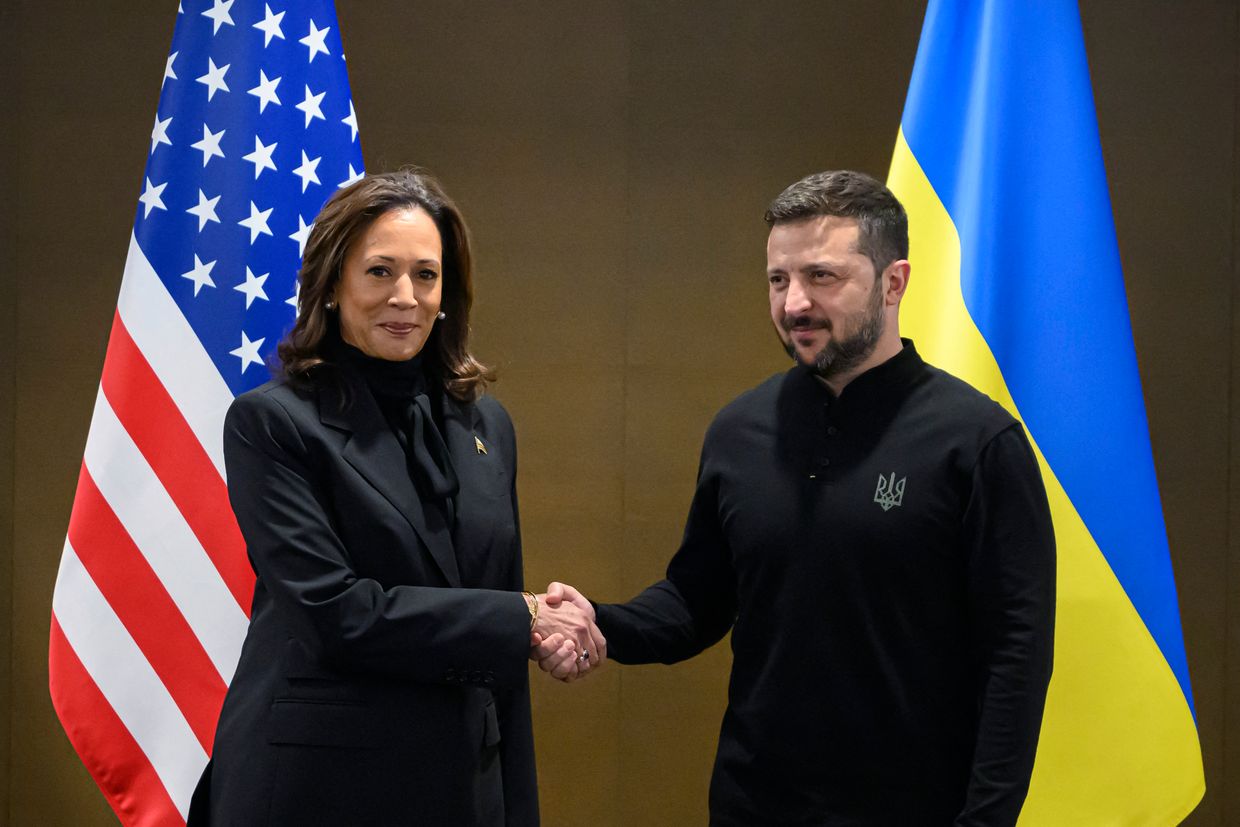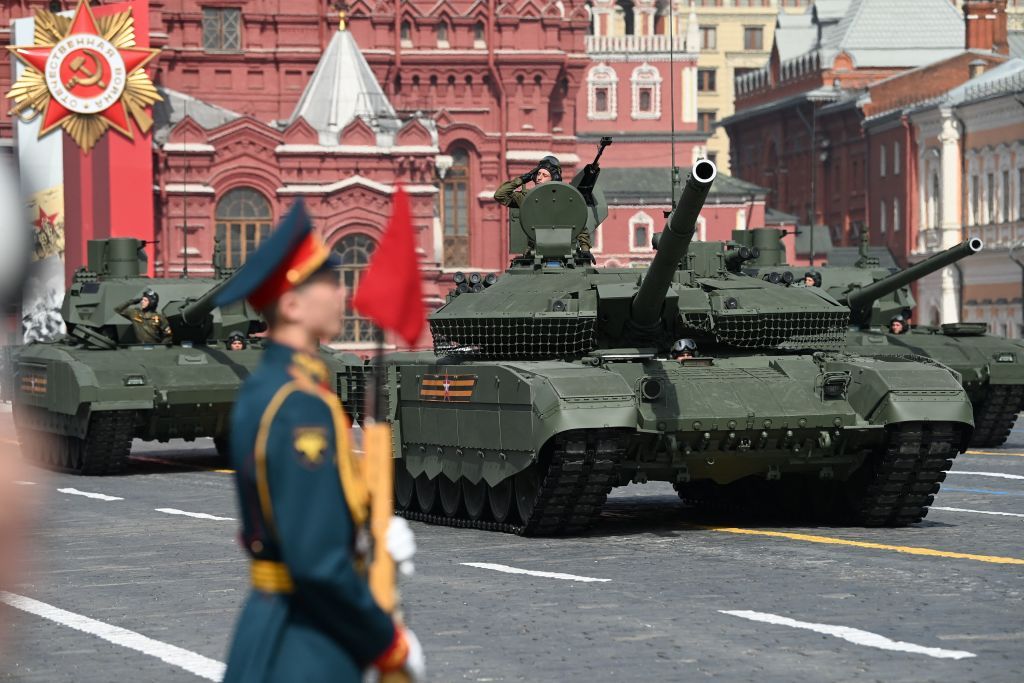Nearly 40% of sales at Russia's largest aluminum producer, Rusal, are at risk due to sanctions imposed by the U.S. and U.K., Bloomberg reported on April 16.
The U.S. and the U.K. banned the supply of new Russian-made metals to global exchanges, including the London Metal Exchange (LME), but these sanctions do not prohibit the sale of metal from producers to traders or consumers.
The company estimates that sanctions could affect 1.5 million metric tons of annual sales, compared to its production of 3.8 million metric tons last year and 4.2 million the previous year, an anonymous source told Bloomberg.
Rusal may now be forced to reduce production, and Bloomberg's source compared the current situation to the international financial crisis in 2008 that significantly decreased global demand.
The company's assessment contradicts Western analysts' previous statements that sanctions on Russian metal production have a limited impact on supply and demand.
Buyers still depend on being able to deliver to the LME, and contracts typically allow buyers to walk away if the producer's metals are no longer deliverable. Rusal fears that one of its largest customers, Glencore Plc, could use the sanctions to negotiate lower prices for the metals.
Some of Russia's most profitable industries, including oil and metals production, have been forced to seek new markets due to Western sanctions. Prior to the full-scale invasion, Russia constituted 10% of aluminum imports to the U.S.
